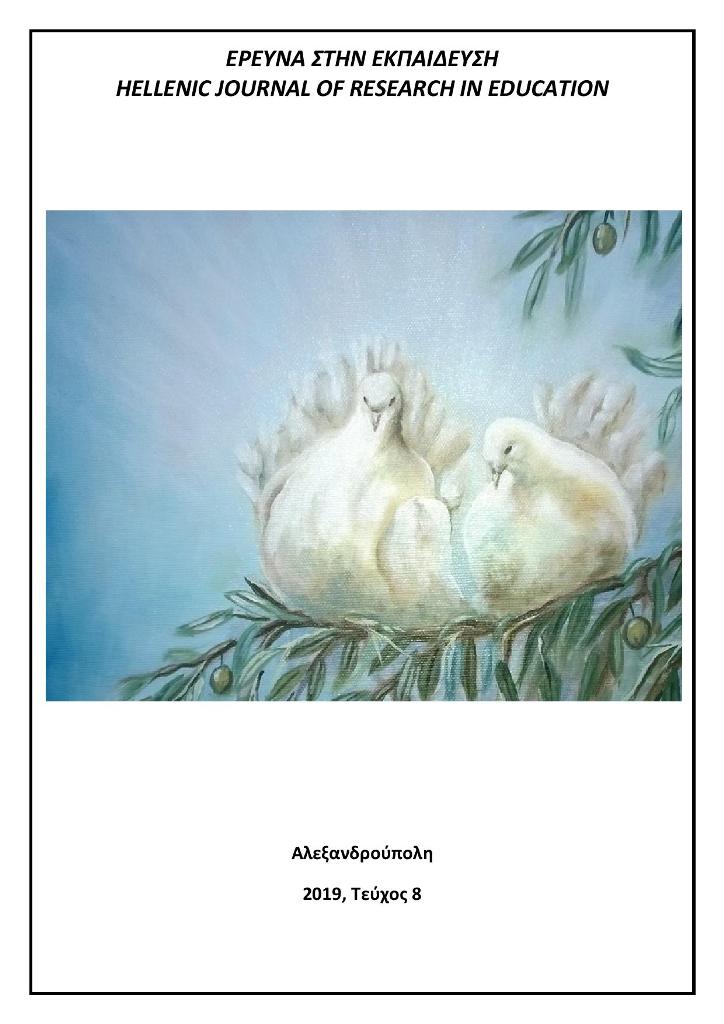Investigation of addressing technical conflict in elementary schools in Greece
Abstract
Conflict among human resources in primary education schools is a usual phenomenon. The effective conflict management process contributes to the smooth operation of the school and the achievement of the goals they have been defined. The characteristics of the people manage conflicts as well as the techniques are used play a crucial role to the effective implementation of the solutions. This paper presents a general theoretical overview in relation to the conflict management techniques and research data from the primary education schools of Greece. There are co-relations between the characteristics of the people managing conflicts in schools and the techniques are used. Finally, there is an attempt to discuss the research data in terms of the relevant literature.
Article Details
- How to Cite
-
Μητσαρά Σ., & Ιορδανίδης Γ. (2015). Investigation of addressing technical conflict in elementary schools in Greece. Hellenic Journal of Research in Education, 3, 57–96. https://doi.org/10.12681/hjre.8848
- Issue
- Vol. 3 (2015)
- Section
- Articles

This work is licensed under a Creative Commons Attribution-NonCommercial-ShareAlike 4.0 International License.
Authors who publish with this journal agree to the following terms:
- Authors retain copyright and grant the journal right of first publication with the work simultaneously licensed under a CC-BY-NC-SA that allows others to share the work with an acknowledgement of the work's authorship and initial publication in this journal.
- Authors are able to enter into separate, additional contractual arrangements for the non-exclusive distribution of the journal's published version of the work (e.g. post it to an institutional repository or publish it in a book), with an acknowledgement of its initial publication in this journal.
- Authors are permitted and encouraged to post their work online (preferably in institutional repositories or on their website) prior to and during the submission process, as it can lead to productive exchanges, as well as earlier and greater citation of published work (See The Effect of Open Access).





